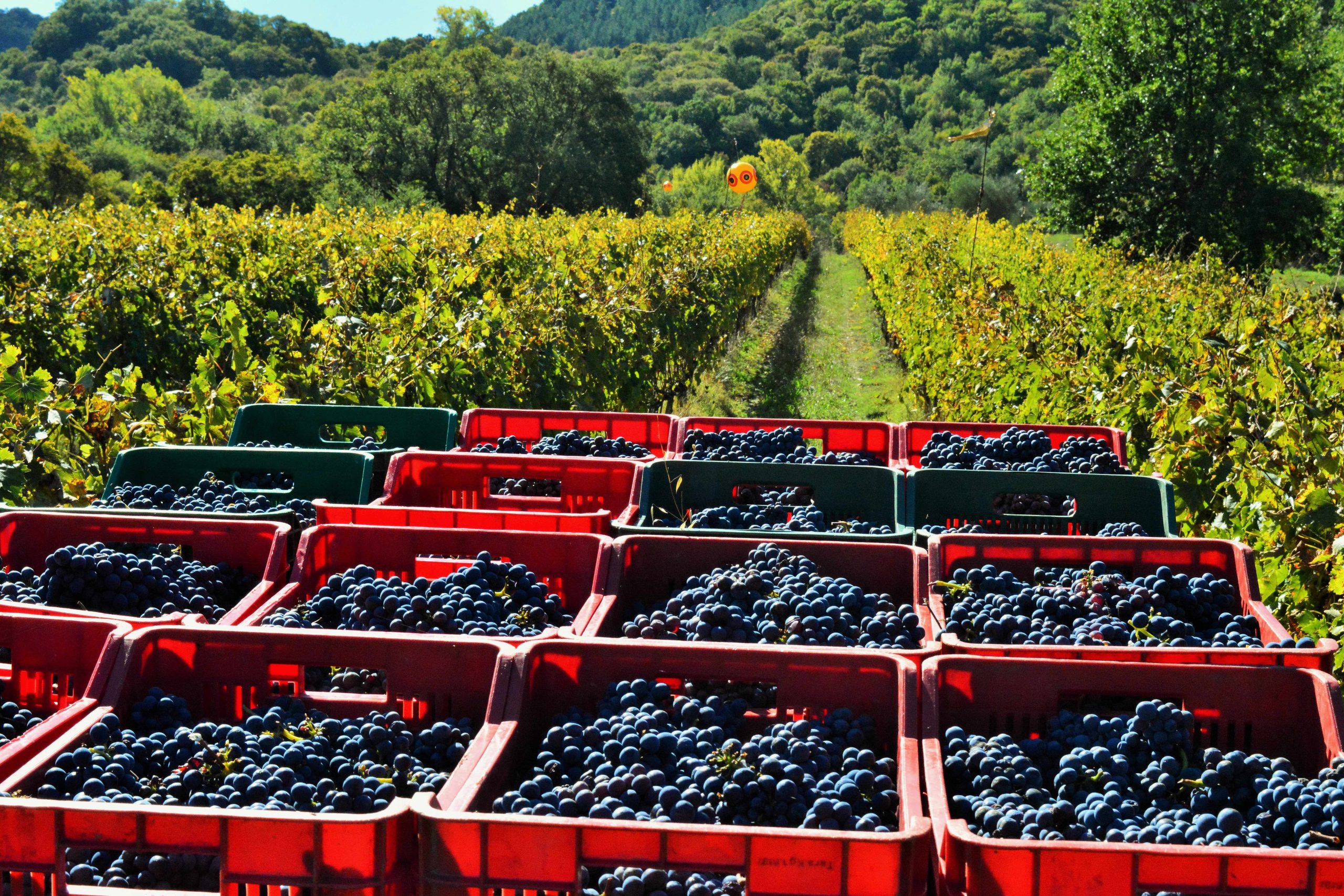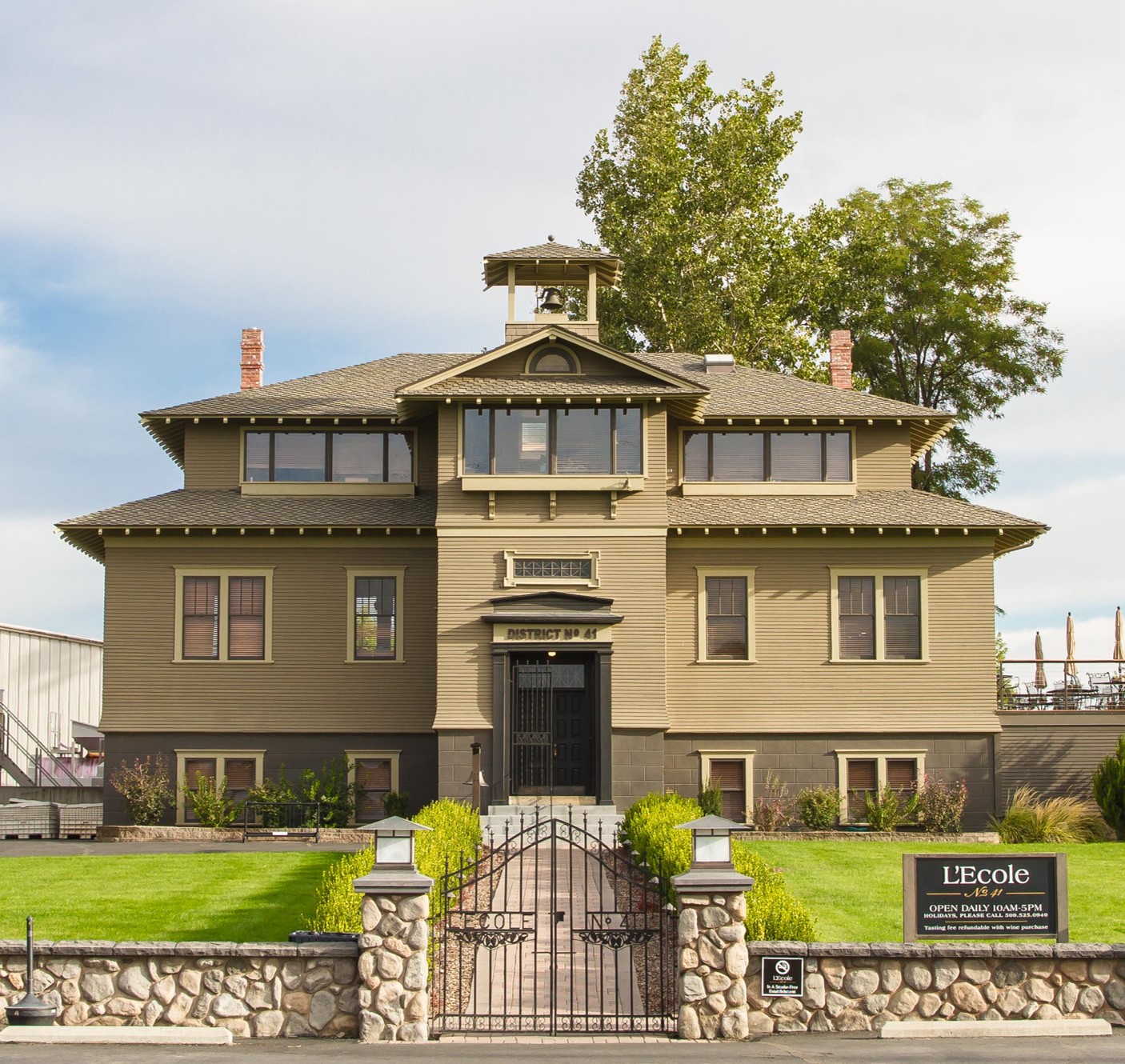Craft beer advocates ‘concerned’ by Marston’s deal with Carlsberg
The Campaign for Real Ale is “increasingly concerned” over Danish brewer Carlsberg’s influence in the UK after a joint venture with one of the country’s largest pub groups was approved by the Competition Markets Authority (CMA).
The Competition and Markets Authority has ruled that a proposed venture between Carlsberg and Marston’s could not have an adverse affect on competition in the UK brewery industry, fuelling anxiety amongst smaller beer producers that they risk being squeezed our of the market.
The two brewers announced plans to create a joint venture in the UK last May to cut costs amid falling pub revenues.
Called Carlsberg Marston’s Brewing Company, it will have control of Carlsberg UK’s Northampton brewery, London Fields brewery, and national distribution centre; and Marston’s six national and regional breweries – Marston’s, Banks’s, Wychwood, Jennings, Ringwood and Eagle – along with 11 distribution depots. The deal is estimated to be worth £780 million.
Carlsberg UK will own 60% of the business and be able to sell its drinks in Marston’s 1,400 pubs and bars. Martson’s, meanwhile, will own the remaining 40% and use a £273m payment from Carlsberg UK to reduce its debt pile.
Tomasz Blawat, Carlsberg UK’s managing director, said: “Today’s decision is a significant milestone in the formation of the new company, which we believe will create significant value for employees, customers and beer-drinkers in the UK, and we look forward to moving to the next stage on this journey.”
The CMA had to consider whether smaller breweries would find it harder to sell their beer or cider in pubs as a result. The watchdog ultimately decided that Martson’s pubs make up “only a small part” of the overall UK brewery customer base, so small independent brands would still have “sufficient” scope to sell their products elsewhere.
However, trade group the Campaign for Real Ale said it was “increasingly concerned” that small businesses will lose out as a result of the deal.
Partner Content
“While we have seen an increase in the number of small brewers producing some great and varied beers, these brewers account for less than 6% of the total market and are therefore unable to provide effective competition,” chairman Nik Antona said.
“Many of these smaller brands cannot access the pub market due to the dominance of supply and distribution agreements operated by pub companies and global suppliers.”
Craft breweries have been particularly hard by the UK’s coronavirus lockdown and widespread closure of pubs, bars, restaurants and taprooms. An average 82% drop in beer sales was recorded by small independent breweries across the UK in the first month of lockdown.
On top of this, small batch brewers could see their margins slashed even further after the UK government lowered the threshold for breweries to stop receiving some tax breaks on the beer they produce in July. While it is a move that has been backed by more established, mid-sized brewers such as Timothy Taylor’s, lowering the Small Breweries’ Relief threshold could put 150 brewers at risk of closure.
“Two small brewers are now closing every week due to ongoing restrictions on the sector and a lack of proper support package,” Antona said.
“We are grateful to the CMA for engaging with us and listening to our concerns about the Joint Venture and will continue to raise our concerns about competition issues in the sector with them.”




